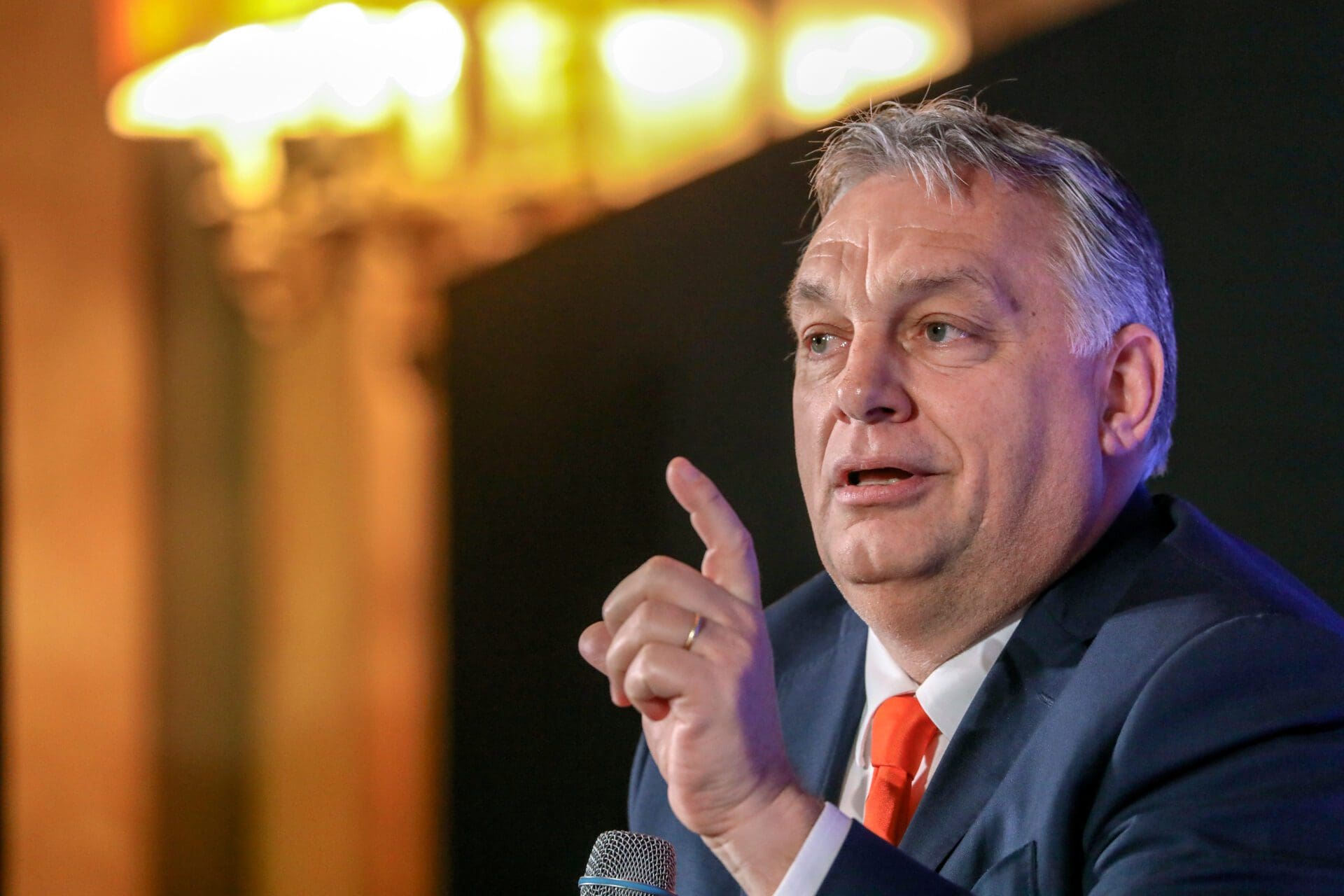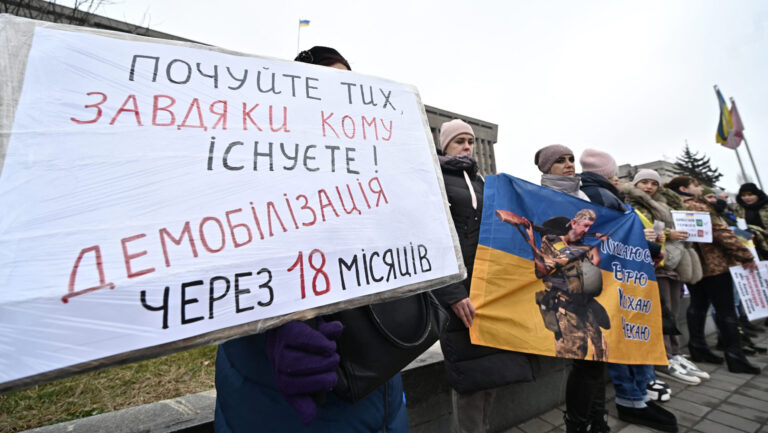Prime Minister Viktor Orbán cited the protection of workplaces, curbing inflation, and increasing wages as the most important factors for the Hungarian economy during his appearance on public Kossuth radio on Friday. He also discussed the significance of the Budapest Athletics World Championships, the related diplomatic negotiations, and the development of the Hungarian defence industry.
The Prime Minister stated that both the European and Hungarian economies are influenced by the Russo-Ukrainian war. If the war were to end, both economies could show their ‘better side.’ He emphasised that unless the root of the problem, the war itself, is tackled, the war economy and its circumstances will persist. He noted that the European bureaucrats in Brussels seem unwilling to lift the punitive sanctions, despite Hungary’s urging.
Orbán highlighted the necessity of protecting jobs, a process which he said was in a favourable stage, with 70-80 thousand unfilled positions in the country. He stated that the Hungarian economy currently primarily provides jobs for its citizens, and the government is capable of maintaining a situation where those who want to work can find employment.
Orbán considered curbing inflation to be of primary importance, using radical measures to combat it. He expressed the need to force multinational companies engaged in speculative pricing to stop unjustified price increases. He pointed out that some price increases are the consequence of the war and sanctions, but the increases observed in stores were higher than justified by the economic situation, indicating speculation by multinationals.
Jó reggelt, Magyarország! | Jó reggelt, Magyarország! | By Orbán Viktor | Facebook
12K views, 481 likes, 76 loves, 465 comments, 119 shares, Facebook Watch Videos from Orbán Viktor: Jó reggelt, Magyarország!
The PM emphasised that while fair profits for traders are acceptable, there is a limit to how much is considered reasonable. He acknowledged that progress has been made in reducing inflation but anticipated the most significant impact to be evident in August,
predicting a single-digit inflation rate by the end of the year.
Orbán added that there is a connection between the fight against inflation and the fight for growth, which should be tied to wage increases. He stated that without economic growth, raising wages is not possible, underscoring the government’s intention to protect families.
He stressed the importance of the Hungarian economy swiftly recovering from the shock caused by the war and returning to a path of growth. Although economic growth noticeably declined in the second quarter, the government’s efforts are expected to restore growth in the third and fourth quarters of the year, just as with inflation.
The PM mentioned his participation in a series of bilateral meetings during the Athletics World Championships and the national holiday on 20 August. He noted that political friends from Central Asia, including Turkey, Serbia, and Qatar, would be present, alongside many business figures from various parts of the world, especially Western Europe and China.
During the inauguration of the Rheinmetall factory in Zalaegerszeg, Orbán also spoke about the necessity of Hungary having its own defence industry to establish a capable military force. He stressed the importance of having soldiers who are true warriors rather than uniformed employees. He emphasised that without domestic production, Hungary cannot create a functional military force capable of defending the country, reiterating that strength is necessary for peace.
Related articles:








